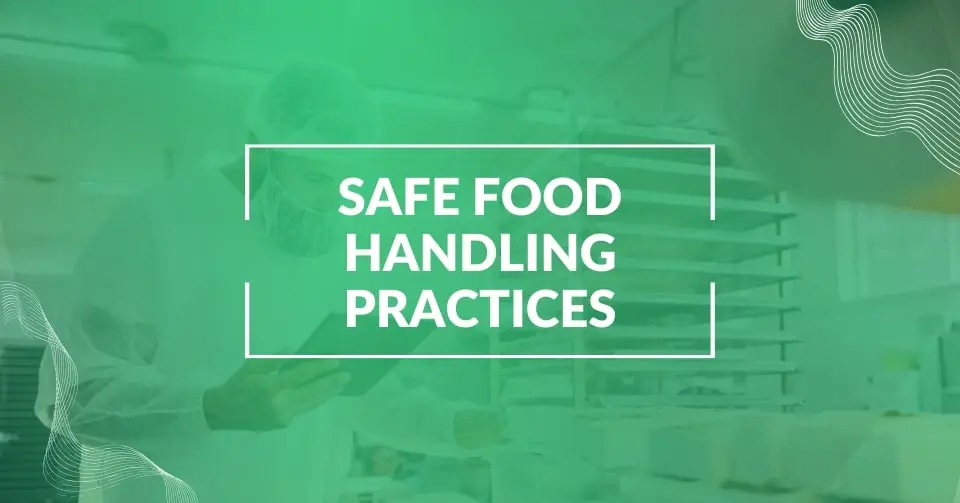If you’re in the food industry, chances are that you’ve heard about BRC certification. But what does BRC stand for? What does it mean? Why should I have my company BRC certified?
These are all valid questions—and ones we’ll answer in this article.
BRC Was Developed by the British Retail Consortium
BRC was developed by the British Retail Consortium, a non-profit organization that works with retailers to develop food safety standards. Around 15 years ago, BRC decided to create a standard for food safety that would help protect small and medium-sized businesses.
BRC is a GFSI (Global Food Safety Initiative) Standard
BRC is a GFSI (Global Food Safety Initiative) standard. It’s used by food manufacturers, retailers and service providers around the world to assess their food safety management systems. By doing so, they’re able to demonstrate that they have an effective management system in place that ensures the safety of their products from source to shelf.
BRC Works on a Three-Year Audit Cycle and Focuses on HACCP
BRC certification focuses on food safety. It also focuses on HACCP (Hazard Analysis and Critical Control Points).
BRC performs audits in three-year cycles, which allows for constant improvement in your business practices. The first part of the audit assesses your company’s processes, procedures and documentation. This includes how you design and manufacture products, package them and store them until they are ready to be shipped out to customers.
The second part of the audit focuses on product testing to determine whether any contaminants exist inside any containers or packaging materials used in production processes at that time; this could include anything from raw materials used during manufacturing to storage containers used after initial production is complete with final product being packaged before it leaves for distribution channels such as grocery stores across Canada or abroad overseas markets like Europe for example.
The 3 Main Benefits of BRC Certification

BRC certification can be very beneficial for your company. It allows you to work with large retailers, who often require that their suppliers have this certification before working with them. A BRC certification ensures that your company is operating at the highest level possible and provides consumers with confidence in knowing that their food will be safe when eating out at restaurants or buying groceries from your store.
FoodReady is a food safety software and consulting company. Our software has an AI HACCP builder, food traceability, you can create your own checklists to manage your HACCP plan or track other items, ingredients, tasks, or events.
With our Enterprise program you will have access to food safety quality assurance consultants who can help you with GFSI, SQF, GMP, SOP, BRC, CGMP, HACCP, gap analysis, or prepare for audits like the Costco audit, the Whole Foods audit, Publix audit, Kroger audit, Safeway audit, Meier audit, HEB audit and more.
FAQs
BRC Certification can significantly benefit SMEs by enhancing their marketability to major retailers and food service companies, ensuring compliance with global food safety standards, and potentially opening new market opportunities. It also helps SMEs to implement best practices for food safety, which can lead to improved efficiency and reduced costs associated with waste and recalls.
BRC Certification reassures consumers that the food they purchase is safe and of high quality. It demonstrates that a company adheres to internationally recognized food safety standards, undergoes regular and rigorous inspections, and is committed to continuous improvement, thereby building consumer trust.
After initial accreditation, BRC Certification is maintained through continuous compliance with BRC standards, regular internal audits, corrective actions in response to non-conformities, and annual recertification audits. Companies must demonstrate ongoing commitment to food safety and quality improvement to retain their certification status.






